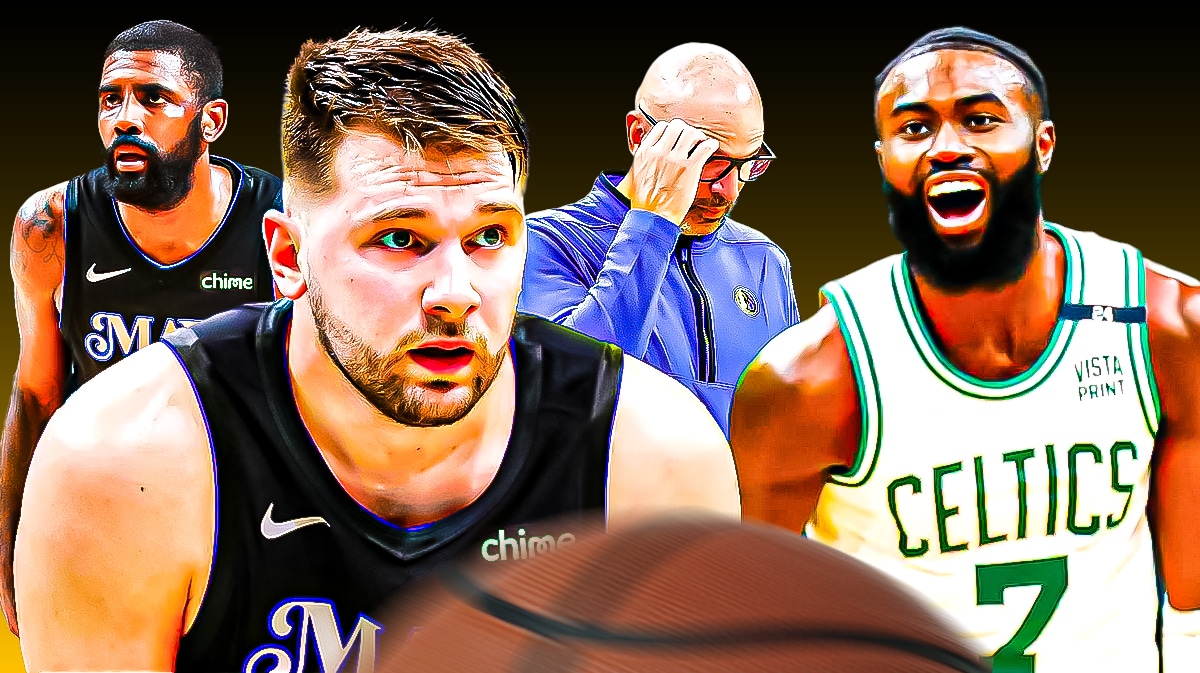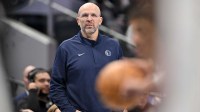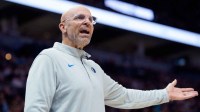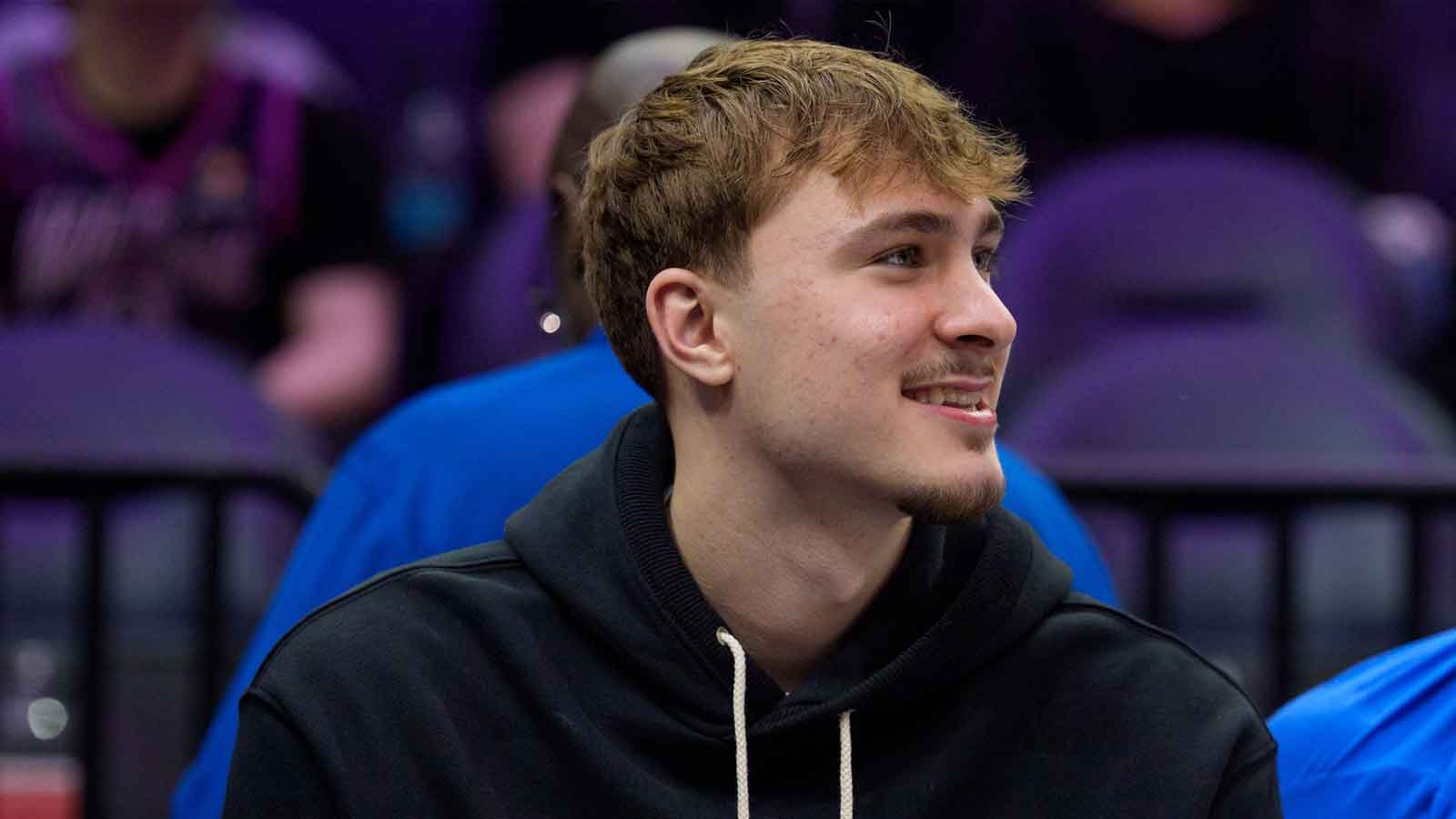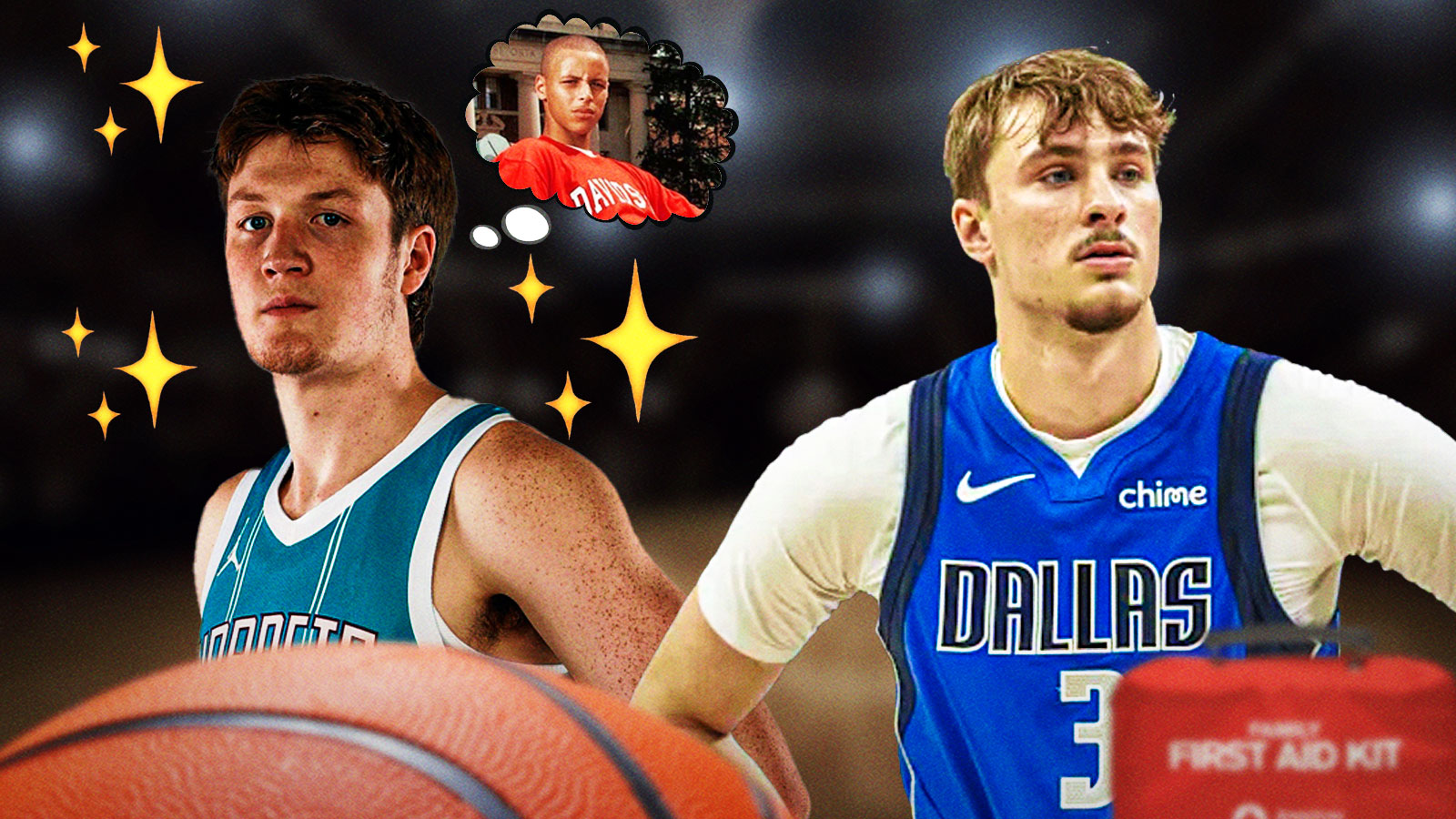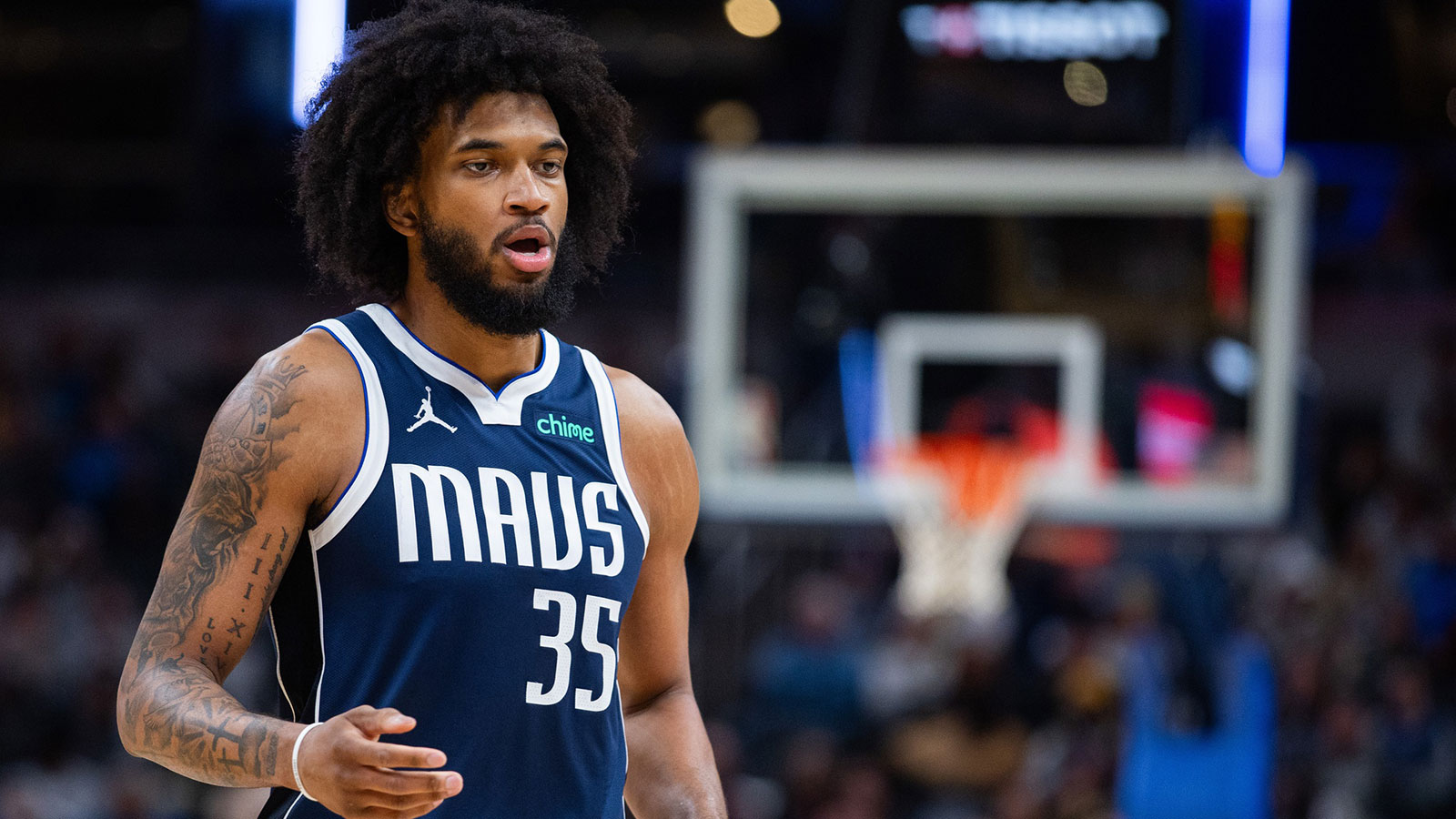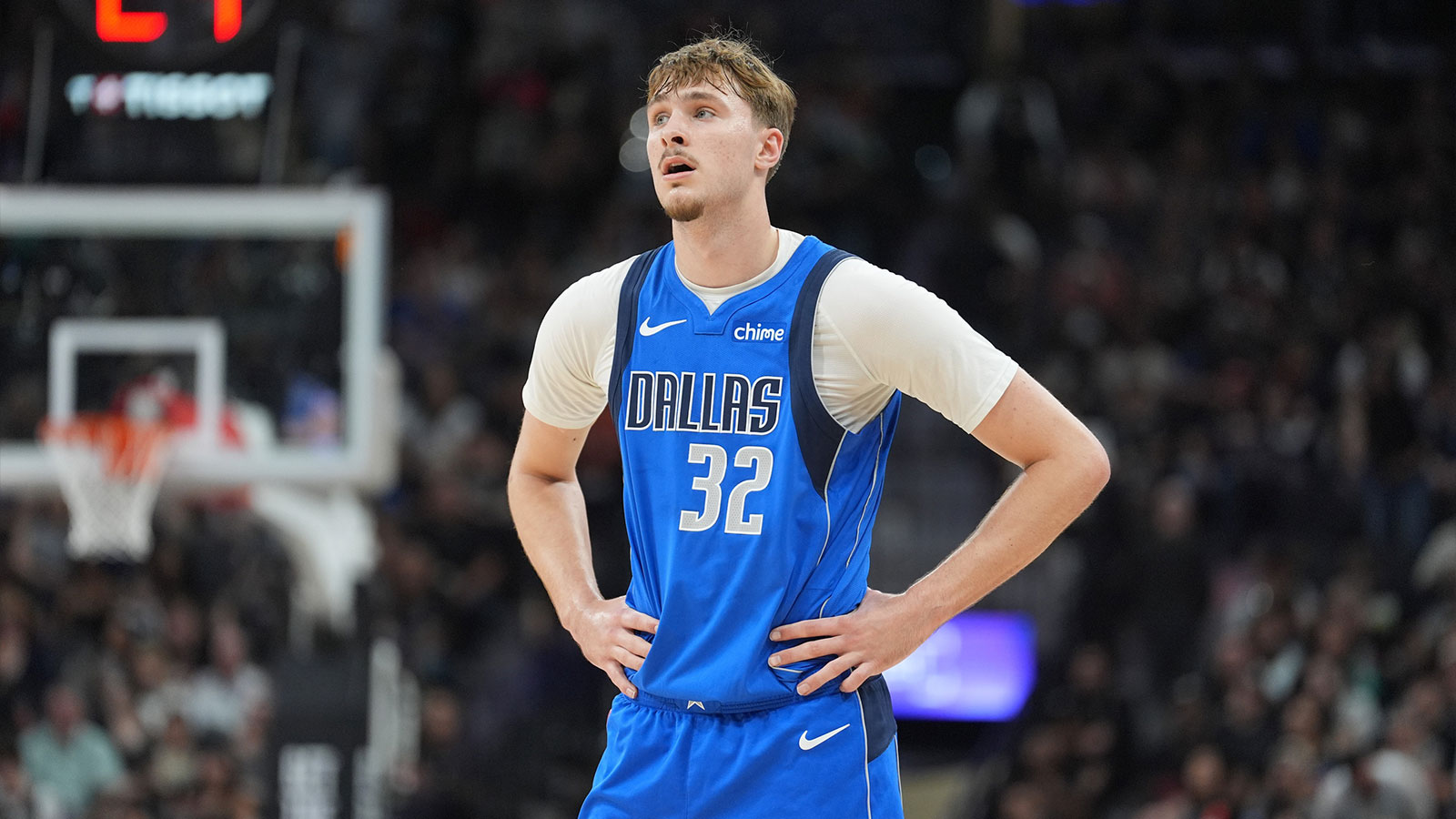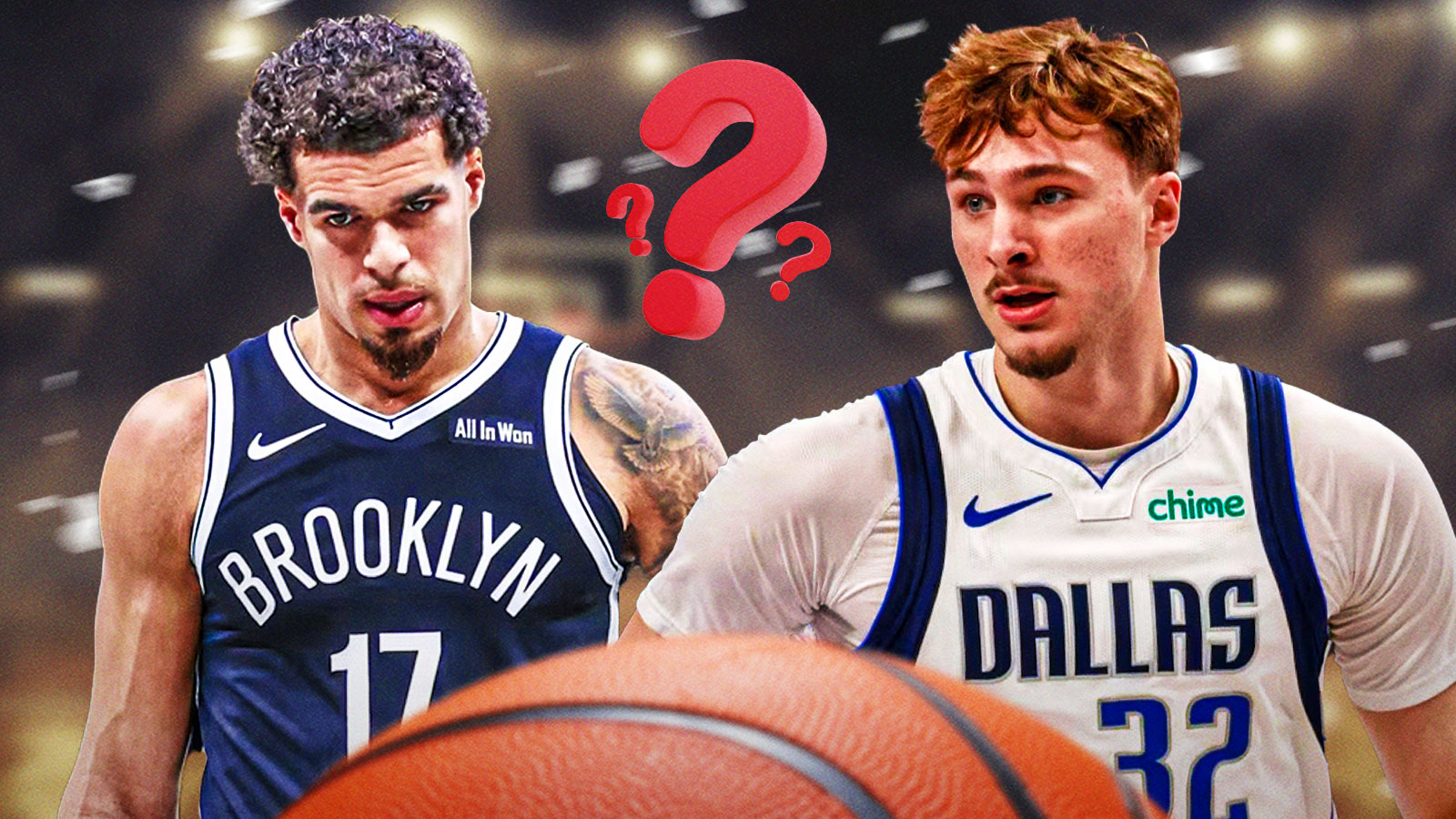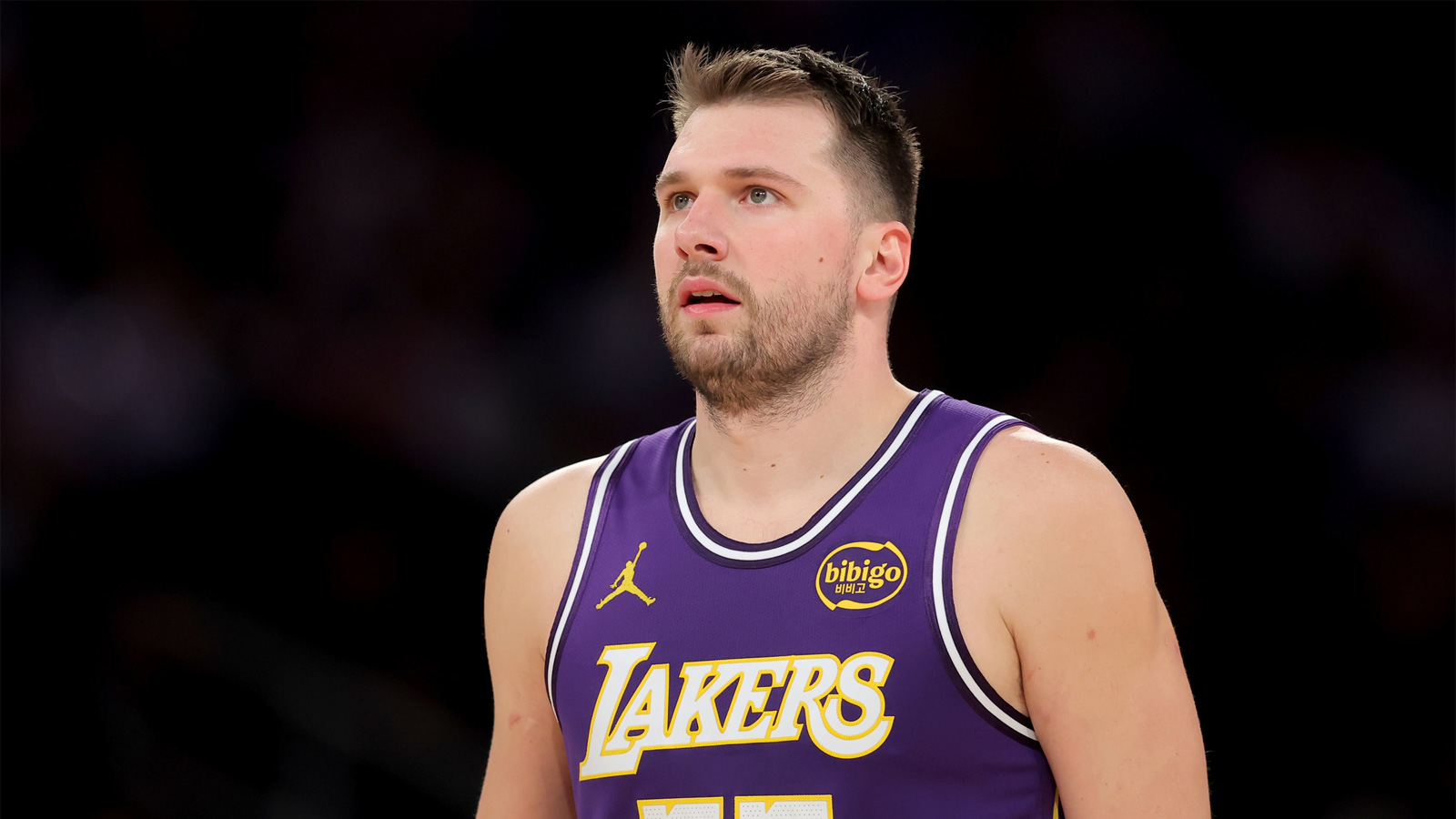The Dallas Mavericks came into Game 1 of the 2024 NBA Finals with supreme confidence that they can hang against the team with a 76-20 record thus far this season (regular season and playoffs combined) in the Boston Celtics. They certainly came out with a swagger as they went toe to toe with the Celtics for the first six minutes of the game. Alas, the Celtics pulled away in the middle of the first quarter and did not look back en route to a 107-89 victory to give them a 1-0 lead in the series.
Coming into the series, the Celtics posed a few matchup problems that the Mavericks have not encountered on their way to the NBA Finals. But still, it was a bit of a shock to see a Mavs team that imposed its will against the Minnesota Timberwolves come out flat on both ends of the floor to begin the 2024 NBA Finals.
Only one game has passed, so there is no reason whatsoever for the Mavericks or its fanbase to fret. But the Mavs have to figure out how to solve a few glaring issues that popped up in Game 1 if they were to steal homecourt advantage with a much better effort come Sunday night.
Celtics space out the Mavericks; how will Jason Kidd adjust?
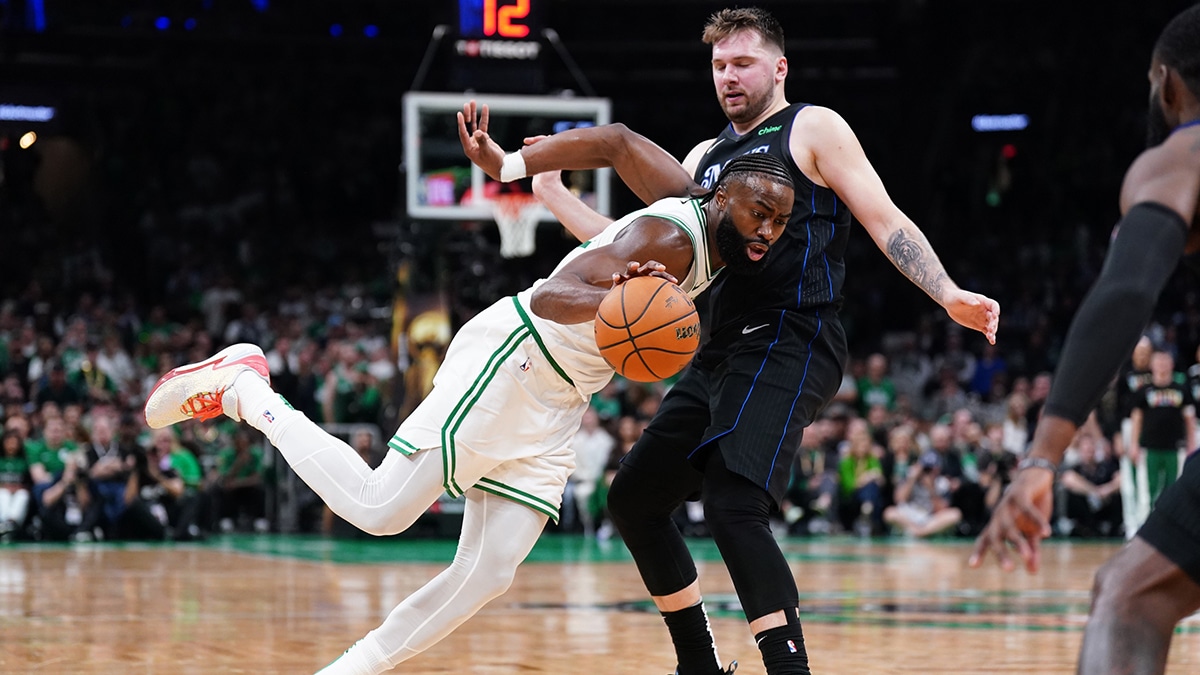
In the first few possessions of Game 1, it was apparent that the Celtics were going to give the Mavericks a ton of trouble. They attacked Luka Doncic on switches and broke the Mavs' defense down on multiple occasions, forcing them into rotation. However, for the first six minutes of the game, the Celtics missed a few wide-open looks from three, which allowed the Mavs to take the lead at some points.
However, when the Celtics brought Kristaps Porzingis, their major 2023 offseason acquisition who averaged 20 points in the regular season but missed the last 10 playoff games for Boston due to a calf strain, that's when the game changed.
Porzingis then quickly got his rhythm on a midrange shot off a post-up against Jaden Hardy, and it snowballed for the Mavericks from there. He made three jumpshots during the period, including a bomb from deep three-point range, and he served as a catalyst for the Celtics in their 23-5 run to end the first quarter. (18 ended up being the winning margin, so it's not a stretch to say that this was the run that won the game for Boston.)
The scoring threat Kristaps Porzingis provided only served to make the Celtics a much more lethal team that stretched the Mavericks' defense past its breaking point. Given how often the Celtics forced the Mavericks defense into scramble mode, there was sometimes no other recourse for the Mavs but to foul (Dereck Lively II racked up five fouls in 18 minutes).
The Mavs had to be on point with their rotations as well to cover the Celtics' incredible spacing, and suffice to say, they were not at their best on Thursday night. Luka Doncic had a few late rotations, and he also allowed his fair share of dribble penetration. And when the Celtics got to the paint, it was pick your poison time for the Mavs, and they rarely chose right.
When the Mavs cut the lead to eight in the third quarter, the Celtics put their feet down and made a concerted effort to attack the paint. Jaylen Brown, in particular, was relentless. In addition to drawing plenty of free throws (he shot 11 attempts from the charity stripe), he also made plenty of good reads; the Celtics cashed in on three-straight threes to extend the lead back to 22 in the third quarter, thanks in large part to Brown.
Given how much success the Mavericks have had with their center duo of Daniel Gafford and Dereck Lively II, head coach Jason Kidd will want to roll with those two for as much as he could. The Mavs have made rim protection and lob parties their bread and butter this postseason, so it may not be the best idea to stray away from what has worked for them.
But it's the NBA Finals, and adjustments from game to game will decide who hoists the Larry O'Brien trophy at the end of the day. Thus, it might be time for the Mavericks to go small more often, with either Maxi Kleber or PJ Washington playing the nominal center role. This will allow them to cover more ground defensively.
Alas, that adjustment will come at the cost of rim protection, rebounding, and vertical spacing on the offensive end. But there are no easy decisions especially when it comes to combatting a complete Celtics team. They lost the rebounding battle anyway, which rendered their size advantage moot. Going small more often is a gamble that bets on the Mavs' perimeter defense to hold strong, forcing the Celtics to take pull-up shots instead of rhythm looks that come out of dribble penetration.
Mavs' offense stutters as Kyrie Irving shoots poorly from the field
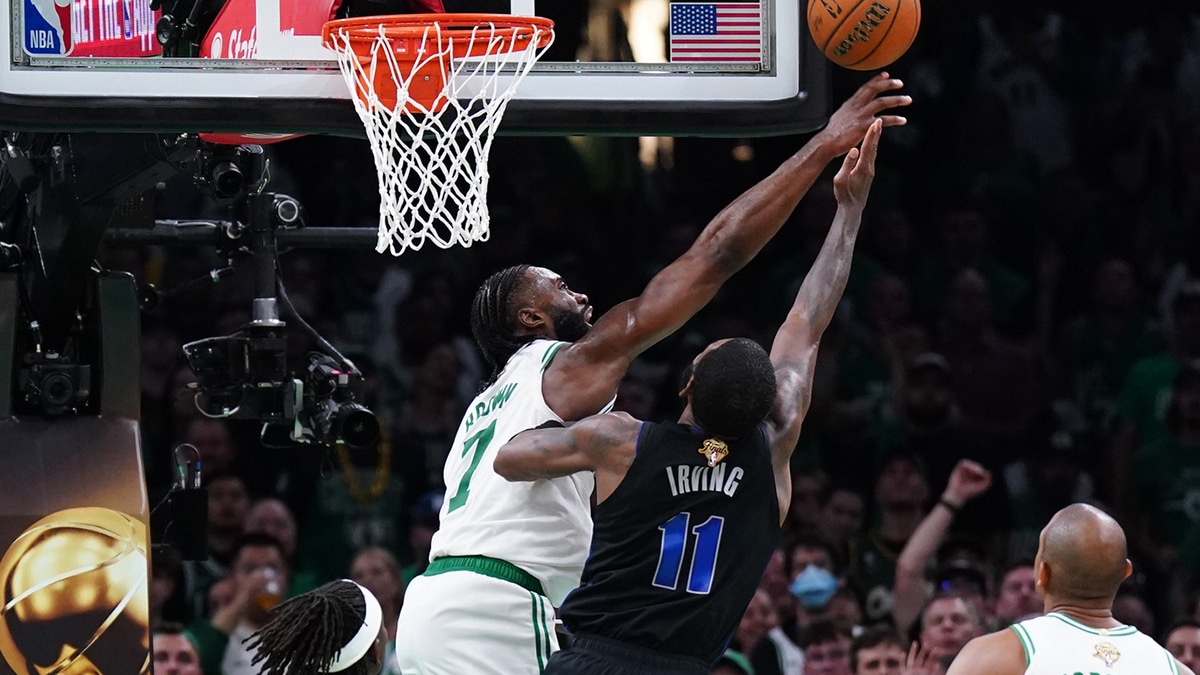
It's on the defensive end where the Mavericks have buttered their bread in this year's playoffs. They have scored 115.2 points per 100 possessions in this year's playoffs (prior to the Finals), which would have them at 15th in the regular season. The game bogs down in the postseason, so a drop-off in scoring is understandable. But the Mavs' offense struggled to a degree rarely seen in their blowout Game 1 loss to the Celtics.
The usual fluidity that comes with a Luka Doncic-led offense was missing; it's a testament to the Celtics' defense that they forced the Slovenian to go one-on-one and then sending multiple defenders towards him to throw him off on drives. The Celtics' rotations were on point, but Doncic is so good that he still finished with 30 points on the night. However, they eliminated his playmaking; the Mavs did not feast on lobs like they have usually done in the 2024 playoffs, and Doncic finished with just one assist on the night.
The ESPN commentary booth pointed out just how much one on one basketball the Mavs played. They finished with just nine assists on 35 made field goals; they've been averaging 22.4 in the postseason prior to the Finals, so they will have to move the ball quicker and with more purpose moving forward.
Part of it is the Mavericks' lack of credible scoring threats on the night. The Mavericks' supporting cast, simply put, went missing in Game 1. Kyrie Irving, an esteemed playoff performer, did not have a good game whatsoever. He was out of rhythm for most of the game; part of it is due to the elite defense of Jrue Holiday and Derrick White. But there were also occasions when Irving would simply miss shots he would usually make.
Irving finished with just 12 points on 6-19 shooting from the field. The Mavericks, particularly Irving, have to find a way to manufacture easier looks. Perhaps drawing some free throws could go a long way towards establishing some rhythm for Irving after he shot a grand total of zero free throws in Game 1.
Jason Kidd has a few rotation decisions to ponder when it comes to tilting the team's offense-defense balance in a more favorable position. Putting Tim Hardaway Jr. in could improve the team's spacing, and so is going small (as mentioned above). The presence of Gafford or Lively made sending help that much easier for the Celtics.
Putting more shooters on the floor would give Luka Doncic and Kyrie Irving more space to work with, both on the post and on drives, preventing the Celtics from walling them off like they did for most of Game 1. But the defense will suffer a steep drop-off during Hardaway's minutes.
The Mavericks will have two full days to think about what adjustments they'll be making to avoid going down 2-0 in the series.

